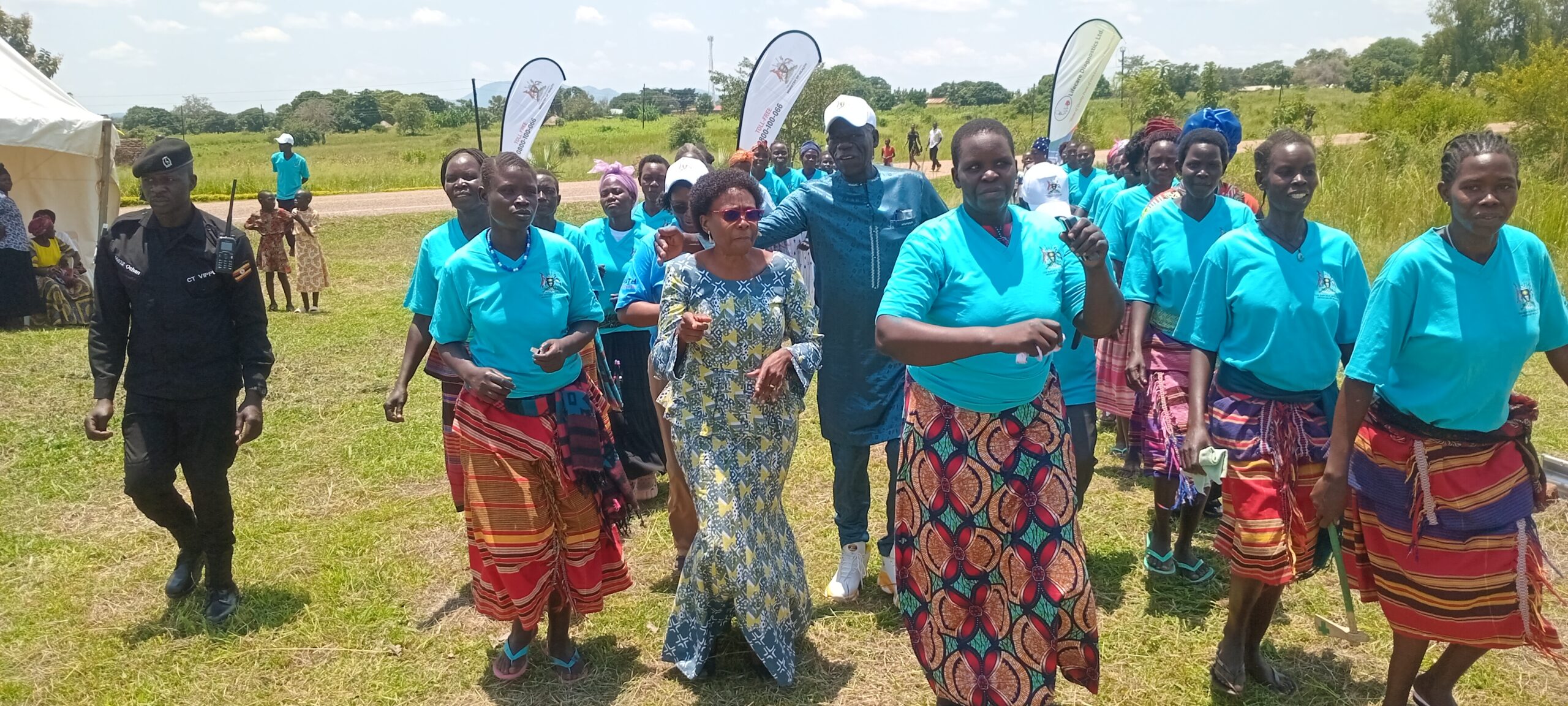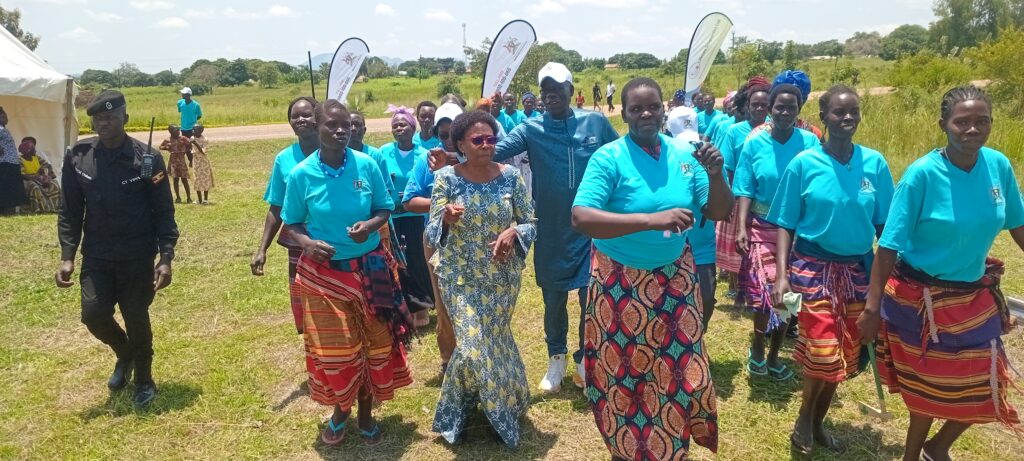
 LUO FM
LUO FM

 LUO FM
LUO FM
6 September 2025, 1:27 pm

By Okwong Geoffery
Uganda’s Minister of Health, Dr Jane Ruth Aceng, has criticised communities in northern Uganda, particularly in the Acholi and Lango subregions, for poor health practices that continue to drive the spread of preventable diseases.
Speaking during World Hepatitis Day celebrations at Acholibur Secondary School in Pader District on Friday, 5 September 2025, Dr Aceng expressed concern that, despite government initiatives such as the free malaria vaccine, northern Uganda still records the highest malaria prevalence in the country.
Delivering part of her message in Luo, she said: “Gin ma Acholi ki Lango tye kwede peko iye bedo. Gin aye tye ki malaria madwong loyo i Uganda weng, ento dong gamente omiyo vaccine malaria me nono. Wan watye ka mito peko wa, ka dong pe watye ka kwano gi tic maber. Latic pa politiki bende myero gi waci awene, gicwalo adwogi me gi vaccination.”
She criticised the continued belief in witchcraft over science, noting that many still think vaccines are designed to harm people. Dr Aceng urged leaders and politicians to provide communities with accurate information about vaccination instead of spreading misinformation.
While commemorating lives lost to Hepatitis B, the minister posed a difficult question:
“Why is it that every new disease always seems to begin from the north?”
Tony Akera, the World Health Organisation (WHO) Field Coordinator for Northern Uganda, representing the WHO Country Director, emphasised that Africa remains the region with the highest global burden of Hepatitis B and C, with more than 70 million cases recorded.
“Our region carries the heaviest burden of Hepatitis B in the world,” he said. “This is not a good number, and it means we must do more to either eliminate or eradicate the disease. If hepatitis is not detected and treated early, it progresses to liver cancer or liver failure. Unfortunately, many people in northern Uganda collapse and die suddenly at burials, functions, or even in their homes, and the community quickly associates these deaths with witchcraft or poisoning. In truth, many of these deaths are silent outcomes of hepatitis.”
Akera called for shared responsibility in tackling the disease, stressing; “Let’s not leave hepatitis issues solely to the DHO and his team—it is everybody’s responsibility.”
The event was attended by senior officials from the Ministry of Health and leaders from Pader District, including Retired Col. Fearless Obwoya Oyat (LCV Chairperson), Michael Wanje (CAO), Alex Ojera (DISO), and Professor Ponciano Ocama.
